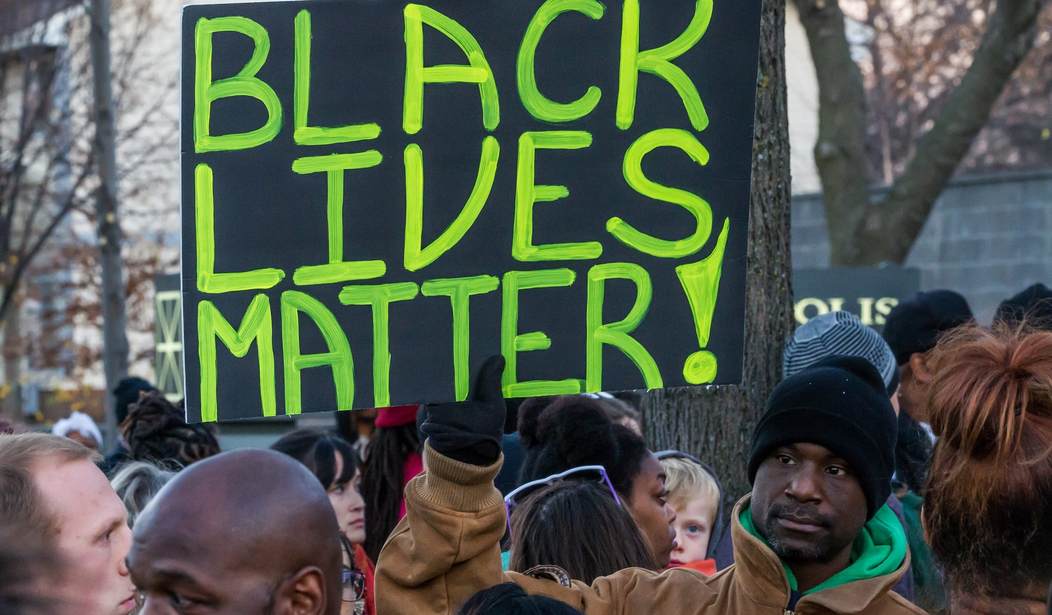A Black Lives Matter activist has announced plans to bring a house church movement for African-Americans to Washington, D.C.
Jomo Kenyatta Johnson, credited as the founder of the Savannah, Ga., chapter of Black Lives Matter, said last month that he has founded a denomination of house churches named “Church for Black Men.” Next year, he will bring the movement to the nation’s capital.
The idea came to him slowly, and in opposition to leaders in his old majority-white denomination, the Presbyterian Church of America (PCA).
“So I’m one of few African-Americans who graduated from Westminster Seminary,” Johnson said in a livestream broadcast obtained by The Washington Informer. “That kind of thrust me into this upper-class, White conservative Christian bubble. That kind of exposed me to interacting with Caucasians in a ecclesiastical sense.”
“I was hired by White Presbyterians to start a Black church,” he added. “As I began to form relationships with this white church, I realized they didn’t really want a Black church, they wanted, if I could use the terminology, a ‘White-Black’ church.”
The PCA “wanted upper-class blacks without socioeconomic issues,” Johnson explained. “That kind of created a divide and showed me that they didn’t want Blacks with problems. They wanted the Herman Cain, Ben Carson types.”
The pastor refused to lead a “white-black” church and suggested his partnership with the PCA “didn’t work out.”
“If the church wasn’t the route to reach people, how could I still help? That’s what led to my involvement in Black Lives Matter,” Johnson said. “Working with Black Lives Matter Savannah really allowed me to engage and interact with people who I normally wouldn’t.”
Johnson described his previous environment as a “conservative Christian bubble.” Working with Black Lives Matter exposed him to a wider array of people, including those in “LGBT relationships” and “poor African-Americans.”
As a Black Lives Matter activist, the pastor began to realize why black men between the ages of 18 and 34 avoided going to church.
“I discovered that the reason that Black men primarily weren’t coming to church was because the church was focused on money, secondly a ‘come to us’ model. That model is not quite biblical,” Johnson argued.
“The idea and hypothesis for Church for Black men is you’re not meeting in a building, but you’re actually meeting at homes, then you’re removing the financial aspect where there is no offering and then, thirdly, you’re able and willing to speak on political things that often times lead to Black oppression,” he explained.
Johnson’s “Church for Black Men” will not have a physical building. “We’re training individuals to open up their homes in various cities. Once they’re trained, we help them to recruit people to open up their homes for time of discussion, meeting, eating and fellowship,” he said.
The first Sunday Home Meeting will launch on February 4 in D.C., Memphis, Chicago, Detroit, and Atlanta.
Church for Black Men has no connection with Black Lives Matter, but it will share some of its principles, Johnson said.
“My experience with them has allowed me to formulate some of the ideas we have,” the pastor admitted. “One of the things where there is a connection between Black Lives Matter and us is that we are LGBT-friendly.”
This is a key distinction from Johnson’s education in the PCA, a conservative denomination that teaches traditional sexuality as undergirded by the Bible.
Johnson’s story is interesting in itself, but it also tragically underscores the racial divide within American Christianity. A greater percentage of black Christians hold evangelical beliefs than white Christians, but blacks eschew the “evangelical” label, preferring to identify themselves as “born again.” Christians’ belief in Jesus Christ should bring them together, regardless of race, but all too often race — and America’s historic struggle with racism — drives them apart.
Notably, Black Lives Matter Savannah, the group Johnson co-founded, has adopted the slogan “Make America Ours Again” in calling for impeaching President Donald Trump. African-Americans turned out in large numbers to defeat Roy Moore in the Alabama Senate election, and ads in the Virginia governor’s race tied a Republican candidate who explicitly denounced the white nationalist riots in Charlottesville to those very riots. He lost the race, partially due to high minority turnout.
That said, it is remarkable that black pastors gathered in October to stand up for Jack Phillips, the baker who refused to serve a same-sex wedding. Phillips’ case — Masterpiece Cakeshop v. Colorado Civil Rights Commission — pits free speech and religious freedom against the LGBT narrative that any decision to opt out from serving a gay wedding is discrimination. These black pastors not only opposed that narrative, but insisted that LGBT activism is not to be compared to the African-American struggle for civil rights. They called such comparisons “offensive and inflammatory.”
Perhaps Johnson should listen to his fellow black pastors on these issues.









Join the conversation as a VIP Member